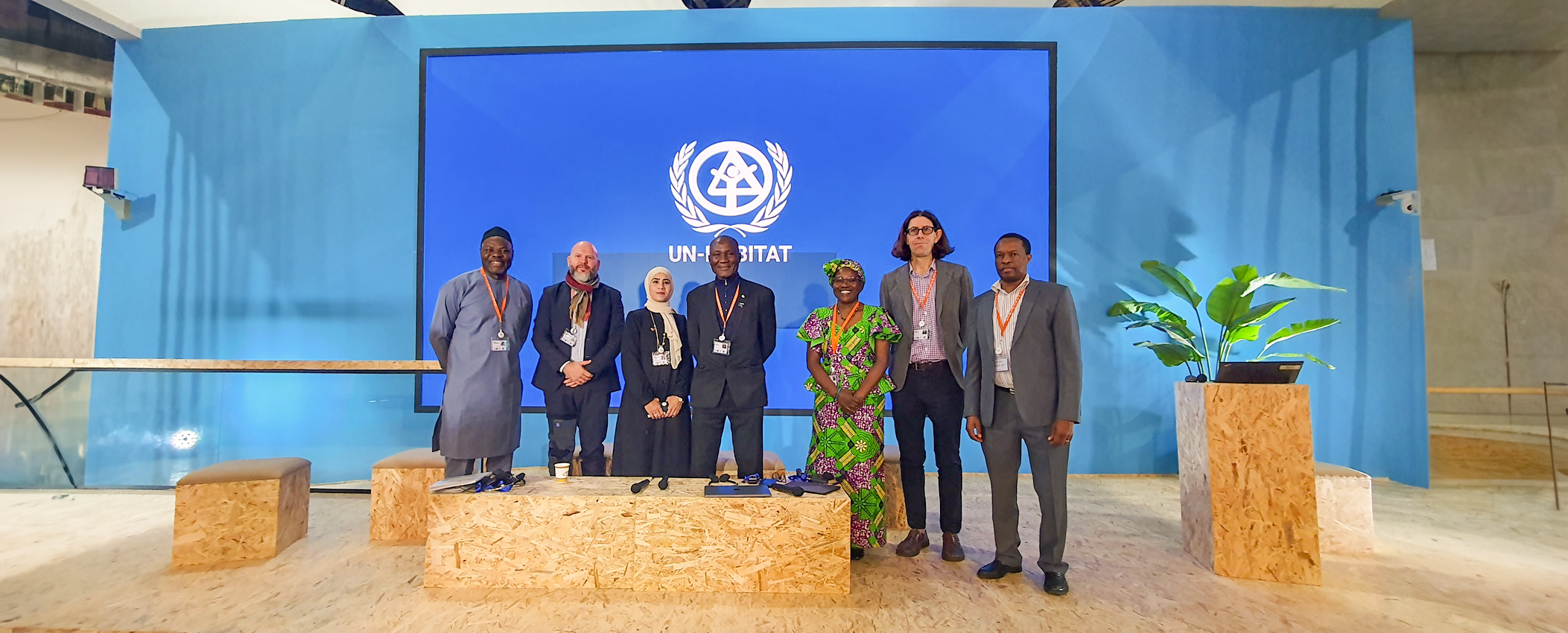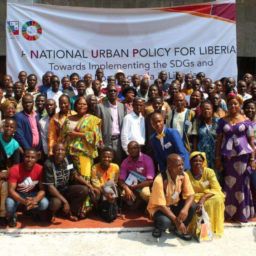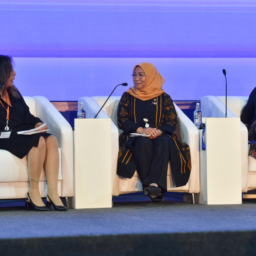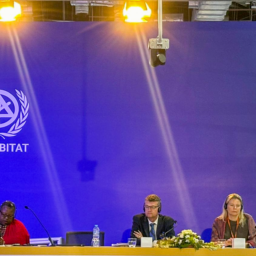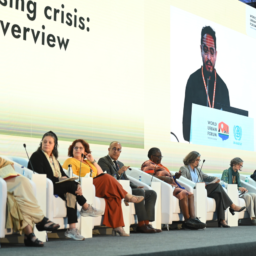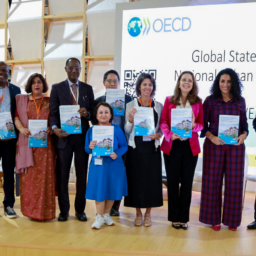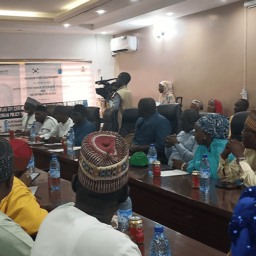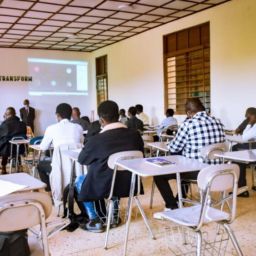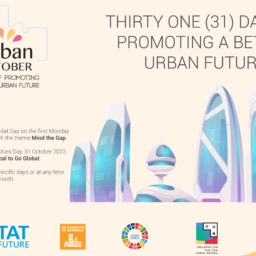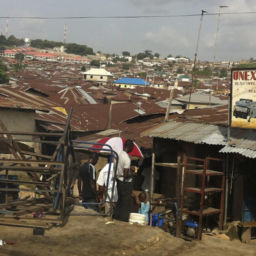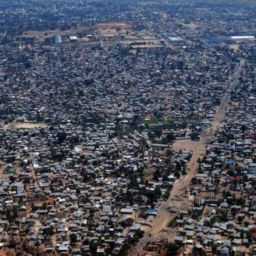Cairo, 6 November 2024
This particular event spotlighted the transformative power of National Urban Policies (NUPs) from the national to local level. Experts and policymakers shared country progress, insights, challenges, and solutions, emphasizing the vital role of NUPs in fostering economic growth, social equity, and environmental sustainability.
The strength of partnerships
Shipra Narang Suri, UN-Habitat, delivered a powerful message, emphasizing that NUPs are not merely about cities but about creating systems of cities that connect rural and urban areas. She outlined UN-Habitat’s pivotal role in supporting 64 countries in developing NUPs and urged governments to commit resources to inclusive NUP processes that leave no one behind. Her call for robust urban data and impactful local action set the tone for the meeting’s focus on evidence-based policymaking and multi-level governance.
Representatives from South Korea highlighted their remarkable decades-long leveraging of urban planning as a cornerstone for sustainable urban development. Mr. Sungwoo Kim, Deputy Director at the Ministry of Land, Infrastructure and Transport, underscored the need to tailor NUPs to local contexts. He illustrated an example of how South Korea’s comprehensive national land plans have fostered balanced growth.
Localized insights
Panellists shared diverse and country-specific experiences, shedding light on both achievements and hurdles in NUP implementation. Mercy Betty Dube of Malawi detailed how their participatory approach to NUP formulation not only enhanced stakeholder buy-in, but also attracted funding from partners like the World Bank. The policy’s emphasis on disaster resilience resulted in critical infrastructure upgrades. However, Dube also acknowledged persistent struggles with resource adequacy and capacity shortfalls at the local level.
Abdul Husaini from Niger State, Nigeria, shared progress on their subnational urban policy, including efforts where more than improved water and sanitation. Other benefits of the subnational urban policy include improved data availability, and youth engagement to combat insecurity in the state.
David Burgalassi, representing the OECD presented findings from the recently launched Global State of National Urban Policy (GSNUP) report co-authored with UN-Habitat. He noted that that 80% of surveyed countries have integrated NUPs into their policy frameworks. He emphasized the importance of granular, city-specific data and innovative financing mechanisms to drive equitable urban development.
Building political commitment and evidence-based action
Jago Dodson from RMIT University, Australia, highlighted insights from the evaluation of Phase 1 of the NUP programme, pointing out the critical role of political commitment and a solid evidence base. He advocated for regional knowledge-sharing platforms and a global NUP library to facilitate best practices and continuous capacity-building.
Closing with action
In his closing remarks, Remy Sietchiping of UN-Habitat emphasized the interconnected nature of urban policies. He urged attendees to turn discussions into action, underscoring that impactful urban policies are central to achieving the SDGs.
The event was another reminder that with collaboration, innovative strategies, and political commitment, NUPs can be the cornerstone of sustainable, inclusive, and resilient urban development worldwide.


